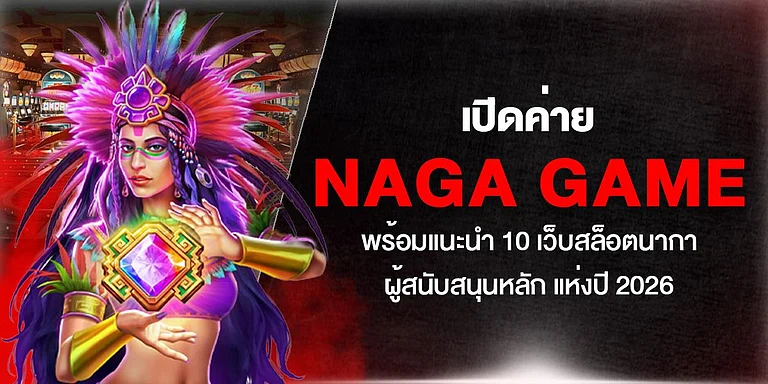AFTER the shock, the stunned disbelief, corporate India is abuzz with one question: did ITCs estranged parent,London-based BAT Industries, engineer the crackdown? There are enough reasons to ask the question. Why did the Government take so long to act, when the Lovelock & Lewes audit report had blown the lid off all the shady dealings more than a year ago? Who fed a sustained anti-ITC campaign in at least two newspapers with highly confidential ITC correspondence? Why were a number of MPs cutting across party lines insistent on bringing ITC to heel? Why was a certain foreign institutional investor (FII), immediately after the first arrests, asking its clients to sell the ITC share, and then buying the share itself?
BAT cried itself hoarse about financial irregularities within ITC last year, but no one listenednot North Block, not the financial institutions which are the largest shareholders, not the media. In December 95 Malcolm Fry, then BAT nominee on the ITC board, said: "If we go back some time (before the Chugh controversy erupted), BAT had misgivings about how the company was being run, especially about the reporting, auditing, and accounting systems. It took a special audit to get an estimate of the losses for 94-95. And its not the end of it. Wed like to see the company run on transparent reporting relationships." In the March EGM, BAT-man Norman Davis was shouted down and virtually pushed out of the hall. Davis said sardonically that he had come prepared for an EGM, not a rugby match.
BAT lost the rugby match. Could it have won the chess game? Corporate sources point towards a Delhi-based liaison man who was supposedly instrumental in getting the Foreign Investment Promotion Board clearances for ITC-Threadneedle and ITC Eagle Star, the groups mutual fund and insurance companies. Over the last year, he apparently managed to turn enough politicians, bureaucrats and FI bosses against ITC to neutralise Chugh and Deveshwars political connections. Add to that the lobbying of several British FIIs, media reports, and the heat got too much for the Government to ignore. At least one FII could have been picking up large volumes of ITC stock over the last few days for BAT.
BAT had masses of incriminating evidence about the Chitalia deals as early as January 1995. But the company, and especially its pointsman in ITC, Davis, played by the rules, avoiding going public with the dirty linen of a company which BAT had parented. Chugh outmanoeuvred BAT at that time, raising the neo-imperialist white man bogey. Davis left BAT, defeated. This time round, BAT may have shed its means-over-end ethics and paid ITC back in its own coin. BAT is today just a heartbeat away from at last taking control of ITC. The FIs have no choice now but to look to BAT.























